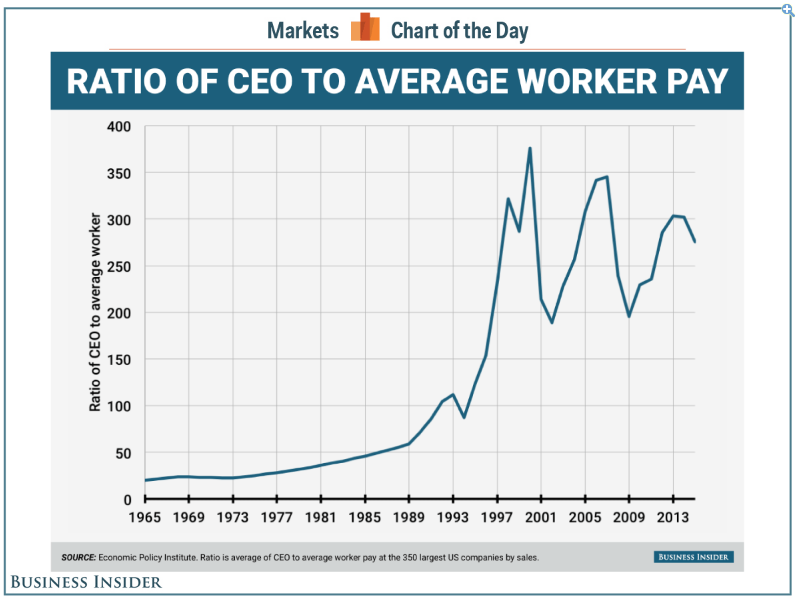I’m on the road at CareerBuilder’s Empower conference in Chicago. This is the second annual conference designed for corporate talent acquisition and staffing agency pros. This year CB made a ton of changes to make it better from a content perspective for sure!
The first event last year seemed to be one giant commercial for CareerBuilder broken up by big name keynotes and food and drink. It was fun, but not sure how much content and takeaways anyone really got. This year’s Empower was totally revamped and after Day 1, I don’t think I really heard one product pitch at all!
Here are some takeaways from Day 1 at Empower:
– Sessions are practitioner-led for the most part. Great Day 1 speakers included: Kris Dunn, Jason Lauritsen, Stacy Zapar, Glen Cathey, and many others. This lineup is packed with practical takeaways that folks could take back to their shops and immediately put into action! Plus, the speakers are fun and engaging. CB did a great job putting the agenda together.
– Shinola (the Detroit Watchmaking Company) President Jacques Panis stole the Keynote show for the day. In an election year that’s all about asking ourselves whether America is great or not and how it needs to change, Panis gave a glimpse of how American companies, making American products, with American workers, is what is really great about America.
– CareerBuilder runs a first class conference and the conference this year was free for CB clients to attend. This means you need to cut money from other things like giant name keynotes and entertainment. What CB realizes is that recruiters don’t really need that stuff anyway! Give us great content and some good food and drinks, and we’ll entertain ourselves!
Best moment of the conference:
Panis from Shinola was being interviewed on stage and they opened up the mics for the audience to ask questions. One guy gets up and speaks a little bit about the challenges of hiring workers in Downtown Detroit, and asks, “Do you hire felons?” Panis, without pause, said, “Well, they hired me!”
It brought down the house, and then he went off on a rant about America’s justice system and how we lock up way too many people in this country. He spoke from the heart. He talked about how once you get into the system in this country you know longer have hope. He didn’t have all the answers to fix it, but one of his answers was that his company, Shinola, hires former convicts and gives them hope.
It was a great American story. Panis’s speaking fee was $50,000, and I’m sure the CB folks cringed when he told the audience this. He also donated all $50,000 to youth organizations in Detroit including the downtown boxing league that supports getting kids off the streets and teaching them discipline by providing an outlet and support.


